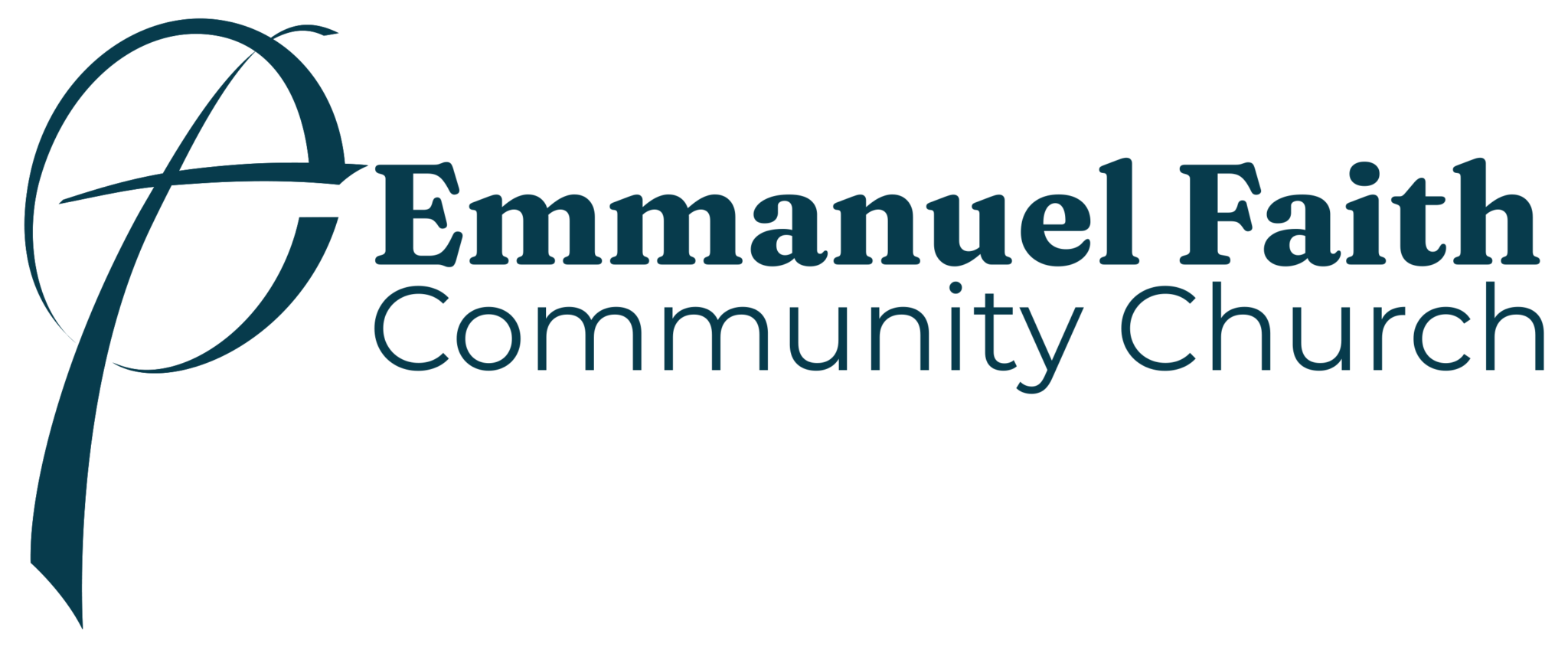I don’t ever remember hearing the word oblation before this week. It refers to the act of bringing an offering to God. It can also be the actual offering itself. Today we normally say tithe, gift, offering, or sacrifice. It seems the word oblation has been around a long time, but not in my sphere. The Hebrew word qorban קָרְבָּן translates to oblation or offering and it refers to the act of bringing an offering and the offering itself.
It is curious to me how close oblation is to the English word obligation. Two little letters added to the middle ig. The internet explains that “The Latin root ag and its variant ig mean “do.” These roots are the word origins of a fair number of English vocabulary words, including agent, agile, litigate, and castigate. The roots ag and ig are easily recalled through the words agenda, or things to be “done,” and navigate, the “doing” or “driving” of a ship.”
To do:
☐ shop for groceries
☐ write check for offering
☐ schedule dentist appointment
☐ vacuum front room
In the OT, oblations continued while people cheated each other and lived for themselves. This made God mad. Isaiah chapter 1 reveals the Lord’s displeasure when his people’s gifts were only obligations. Here are some of the lines from that chapter:
11 “The multitude of your sacrifices—
what are they to me?” says the Lord.
“I have more than enough of burnt offerings,
of rams and the fat of fattened animals;
I have no pleasure
in the blood of bulls and lambs and goats.
12 When you come to appear before me,
who has asked this of you,
this trampling of my courts?
13 Stop bringing meaningless offerings!
Your incense is detestable to me.
New Moons, Sabbaths and convocations—
I cannot bear your worthless assemblies.
14 Your New Moon feasts and your appointed festivals
I hate with all my being.
They have become a burden to me;
I am weary of bearing them.
15 When you spread out your hands in prayer,
I hide my eyes from you;
even when you offer many prayers,
I am not listening.
Your hands are full of blood!
16 Wash and make yourselves clean.
Take your evil deeds out of my sight;
stop doing wrong.
17 Learn to do right; seek justice.
Defend the oppressed.
Take up the cause of the fatherless;
plead the case of the widow.
God isn’t looking for obligatory lives going through the motion of ritual or religion. He wants our hearts. Focus on him and care for the people around us. Lets pray that we live lives of oblation not obligation.
John Riley

